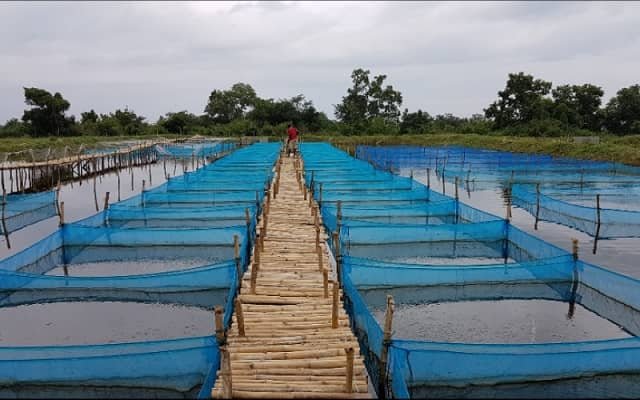Norway.- In a comment published in the journal Nature Sustainability, international scientists urge world leaders to initiate measures ensuring equitable sharing of marine resource benefits and the minimization of burdens.
This autumn, several international political meetings are being held on the “blue economy”. The term refers to using the ocean and its resources in a sustainable way to promote economic growth, jobs and better living conditions for coastal populations. Oceans are lucrative investment areas for industries such as fisheries, aquaculture, bioprospecting, mineral extraction, renewable energy, oil and gas.
A group of international researchers, in which Nofima scientist Ann-Magnhild Solås took part, recently published a comment in the journal Nature Sustainability. Among other things, they encourage world leaders to discuss solutions that promote equitable sharing of benefits and minimization of harms when promoting further growth in the blue industries.
“We are pleased to see that coastal communities and marine ecosystems are now being discussed at several international summits, and hope that these discussions can result in global agreements and action plans that close regulatory gaps and ensure local communities’ influence over development in their areas,” says Ann-Magnhild Solås.
You can read the full comment here: Towards a sustainable and equitable blue economy
Contact person
Ann-Magnhild Solås
Scientist
Phone: +47 900 96 189
ann-magnhild.solas@nofima.no
Source: Nofima
Editor at the digital magazine AquaHoy. He holds a degree in Aquaculture Biology from the National University of Santa (UNS) and a Master’s degree in Science and Innovation Management from the Polytechnic University of Valencia, with postgraduate diplomas in Business Innovation and Innovation Management. He possesses extensive experience in the aquaculture and fisheries sector, having led the Fisheries Innovation Unit of the National Program for Innovation in Fisheries and Aquaculture (PNIPA). He has served as a senior consultant in technology watch, an innovation project formulator and advisor, and a lecturer at UNS. He is a member of the Peruvian College of Biologists and was recognized by the World Aquaculture Society (WAS) in 2016 for his contribution to aquaculture.
Stay Always Informed
Join our communities to instantly receive the most important news, reports, and analysis from the aquaculture industry.







